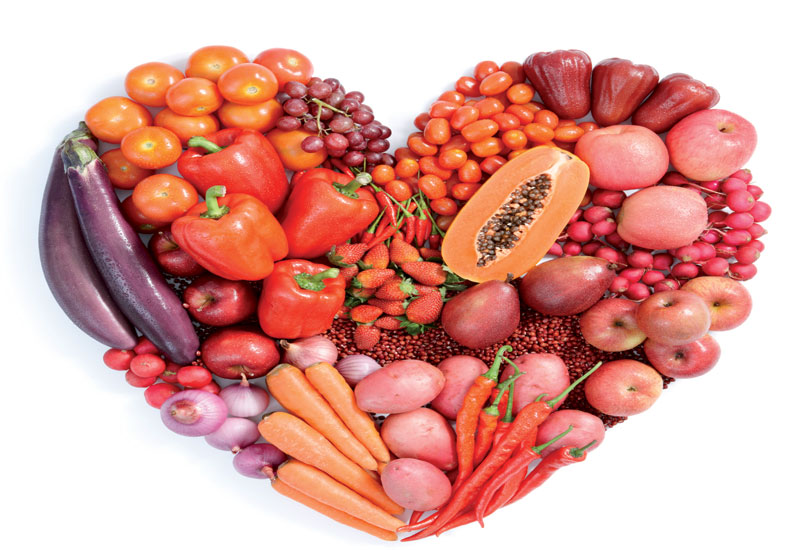Emotions are running high in the Middle East’s organic movement. Caterer digs down to the heart of the debate.
Organic food is a sensitive issue. Advocates feel passionately about it, while those who have not yet embraced the movement are defensive, citing the touchy subject of commercial viability.
In a region so reliant on already-costly imported produce, it’s little wonder that the Middle East lags behind the US and European countries when it comes to sourcing even more expensive organic food.

| Advertisement |
Opinions throughout the industry are strong and vary wildly. But, despite the financial drawbacks following the recession, and despite the challenges of location, Christoph Girsch, food and beverage manager of the Chedi in Muscat, believes there is light at the end of the tunnel for the Middle East and organic food: “Organic food is the way forward,” he says.
“No hotel or restaurant can stop it anymore. You need to have it.” Yael Mejia, founder of eco-café Baker & Spice, agrees: “It’s taken a lot of kicking and pushing and screaming and crying to get here, but it finally seems to be moving in the right direction,” she says.
The challenge for organic
With even the big hotel chains still reeling from the financial meltdown, sourcing organic produce is yet another demand to add to the list of restaurant owners already striving to source the freshest, highest quality ingredients at a reasonable price.
Consultant chef to Dubai Grosvenor House’s restaurant Indego, Vineet Bhatia, says that it is not currently commercially viable to use wholly organic ingredients for a restaurant menu in the Middle East.
“We tried to source organic produce a while back but it was phenomenally expensive,” he says. “The price-point becomes very difficult to maintain and you have to pass it on to the guests, and they don’t really see the value then.”
Roy Soundranayagam, executive chef of Food Fund in the Middle East, which is responsible for restaurant brands The Meat Co., Tribes and Ribs and Rumps, agrees:
“Mostly the problem is that the organic products do not generally keep well when stored for long periods, or when they are sent over long distances with lots of handling and transportation involved,” he says.
“In countries like Australia, the organic products are readily available and priced very reasonably as many farmers have adopted the idea. They are also not subjected to the extreme climate changes when they are transported over shorter distances.”
Soundranayagam continues:“In my opinion, the perception of organic food in the Middle East is somewhat a novelty at this point, as there is not a large exposure in the supermarkets, and often the price and look of the sometimes imperfect produce may cause the shopper to choose something else.”
Bhatia agrees that it is the exacting standards of the consumer that is a challenge to organic food in the Middle East.
“I am from India and it is all organic produce there, nothing is genetically modified, so when you come here and you see that a cucumber has to be perfectly round and a banana has to be the right yellow and a certain shape you just wonder why?” he says.
“But this is the way that the West has become now, so when you try to source organic it is too expensive because nobody does it. Here ‘organic’ tends to mean ‘healthy’; it is termed organic but it’s not truly organic.
To try to source a limited amount of organic you have to ask who are you doing it for in the first place? Is there an audience for that? There isn’t. The audience here is happy with mass produced food, so that is what is catered for. Organic is very tricky right now, very tricky.”









 Search our database of more than 2,700 industry companies
Search our database of more than 2,700 industry companies









